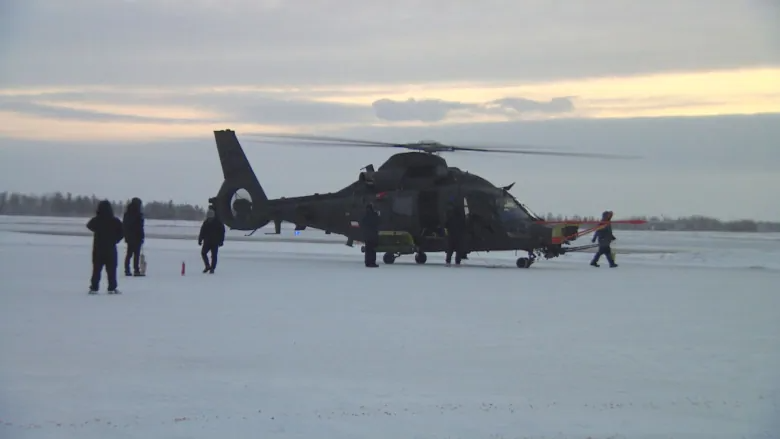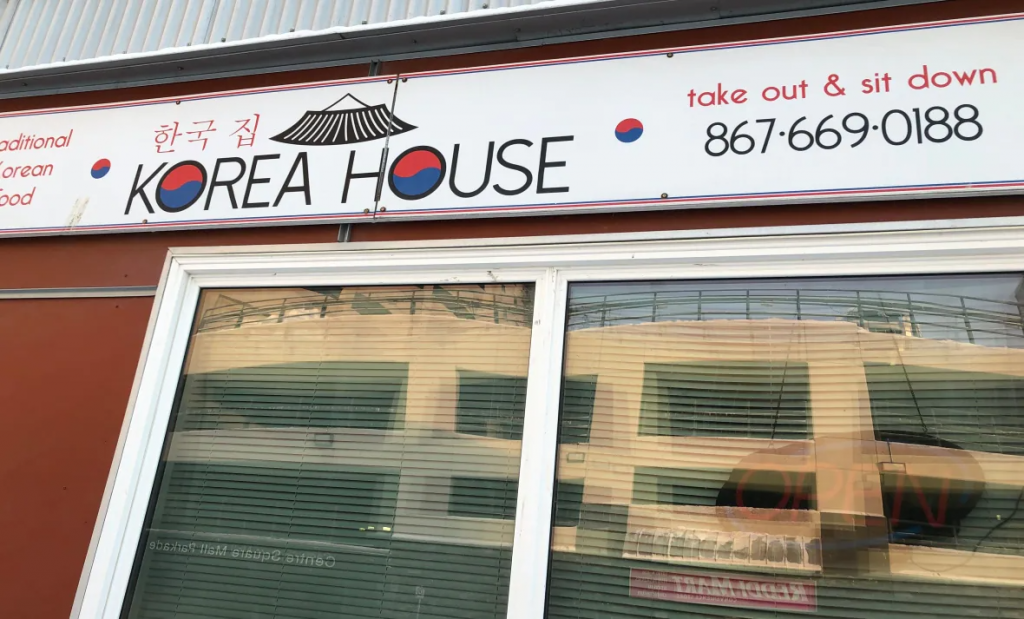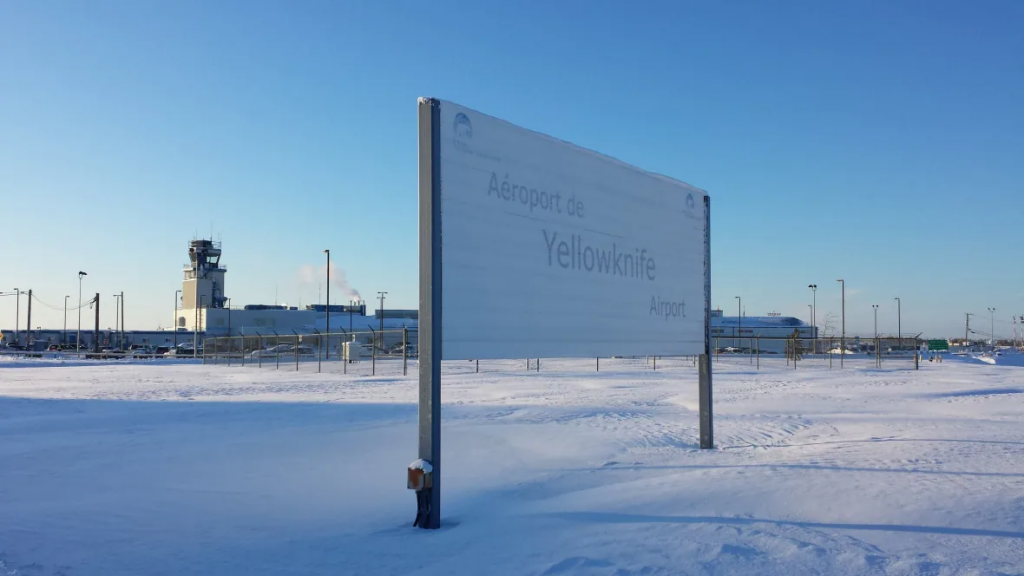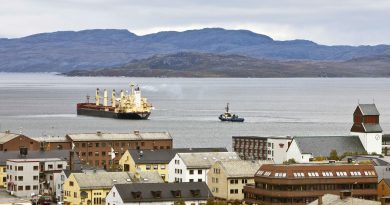Cold weather, good Korean food and magical lights: Korean flight crew experiences Yellowknife

Korea Aerospace Industries has been conducting cold weather testing on their light armed helicopter
A group of South Korean aerospace workers who are in Yellowknife to conduct cold weather testing on a helicopter were happy to discover something familiar north of 60.
About 40 Korea Aerospace Industries (KAI) employees are spending about two months testing how a light armed helicopter holds up in extreme cold temperatures.
Strict company policies around COVID-19 mean the pilots, engineers and support staff are unable to explore the city.
But they’ve been able to enjoy a couple Yellowknife staples, including the restaurant Korea House.
“It’s much better than some Korean restaurants back in Korea,” said Jaehyung Park, an assistant manager on the light armed helicopter program.

Phil Moon Son, who runs Korea House, said he was “very proud” to hear such a positive response to his food.
He said he hopes the workers can come back soon and that the N.W.T. continues to host projects like this.
Although the employees have been limited to mainly their hotel and their airport hangar, Park said he did get to see the north’s iconic light show: the Aurora Borealis.
“It was really awesome. I’d never seen those lights in my life — it was like something magical,” he said.
Park saw the northern lights from the hotel window, but said if he ever returns to Yellowknife he’d like to go to Aurora Village to experience them out in nature.
Ideal temperatures for testing
The recent cold snap may have been hard on some vehicles, but it was ideal for the Korean helicopter that arrived in December.
“The temperature is the temperature we wanted,” Park said, adding with a laugh that it has been an adjustment for him and his colleagues.
“This is not the temperature we normally get in Korea.”
Stu Impett is the vice president of fixed base of operations for Det’on Cho Logistics, who is in charge of taking care of the visiting workers.
He describes his organization’s role in the operation as “basically a truck stop for air companies.”
Impett said they accommodate the visitors in any way they can, including showing them how to plug in their vehicles in the cold temperatures.
“And reminding them to unplug before they back away,” Impett said with a laugh.
Impett said the operation for KAI has been two and a half years in the making.
“They knew Yellowknife was a place that was suitable for their testing because they needed a steady -32 to -35 C,” he said.
Impett said the operation required some co-ordination between the airport, local vendors and “many, many phone calls at odd times” as there is a nine hour time difference between Korea and Yellowknife.

Impett said the pandemic definitely complicated the trip, but by the time the workers arrived, everyone was well versed in COVID protocols.
Impett said the operation reflects a growing industry for the N.W.T.
“We have the cold weather and when large companies see that it can be supported here, that’s good for the N.W.T. and it’s good for Yellowknife.”
Money into the economy
Randy Straker, the Yellowknife regional airport manager, said cold weather testing has been a growing industry in the N.W.T. since about 2016.
This was when major aerospace company Airbus conducted its cold weather testing at the Yellowknife airport.
Since then, they’ve hosted other large companies like Bell Helicopter and Bombardier.
“We have a cold dry climate, not a lot of snow, so the conditions are right,” Straker said of Yellowknife.
Straker said the industry is beneficial to the N.W.T. economy, as KAI plans to spend at least $2 million in the territory.
“You’re talking meals, leisure time activities, hotels, car rentals,” Straker said.
“It’s a significant amount of dollars that get pumped into the economy.”
Straker said the airport itself doesn’t benefit a ton financially from the initiative as it only makes money when the plane lands to drop off and pickup the equipment and workers.
“But the spill-off really is the money that is generated for the city and for the territory,” he said, adding there are other benefits.
“You meet some people with varied backgrounds from different parts of the world — it’s quite interesting and fun to be a part of.”
Related stories from around the North:
Canada: Allies testing naval readiness in Canada’s Arctic, CBC News
Finland: Cold weather perfect to pioneer electric aviation says Finnair, The Independent Barents Observer
Norway: Arctic Norwegian city gets world’s northernmost electric post truck, The Independent Barents Observer



